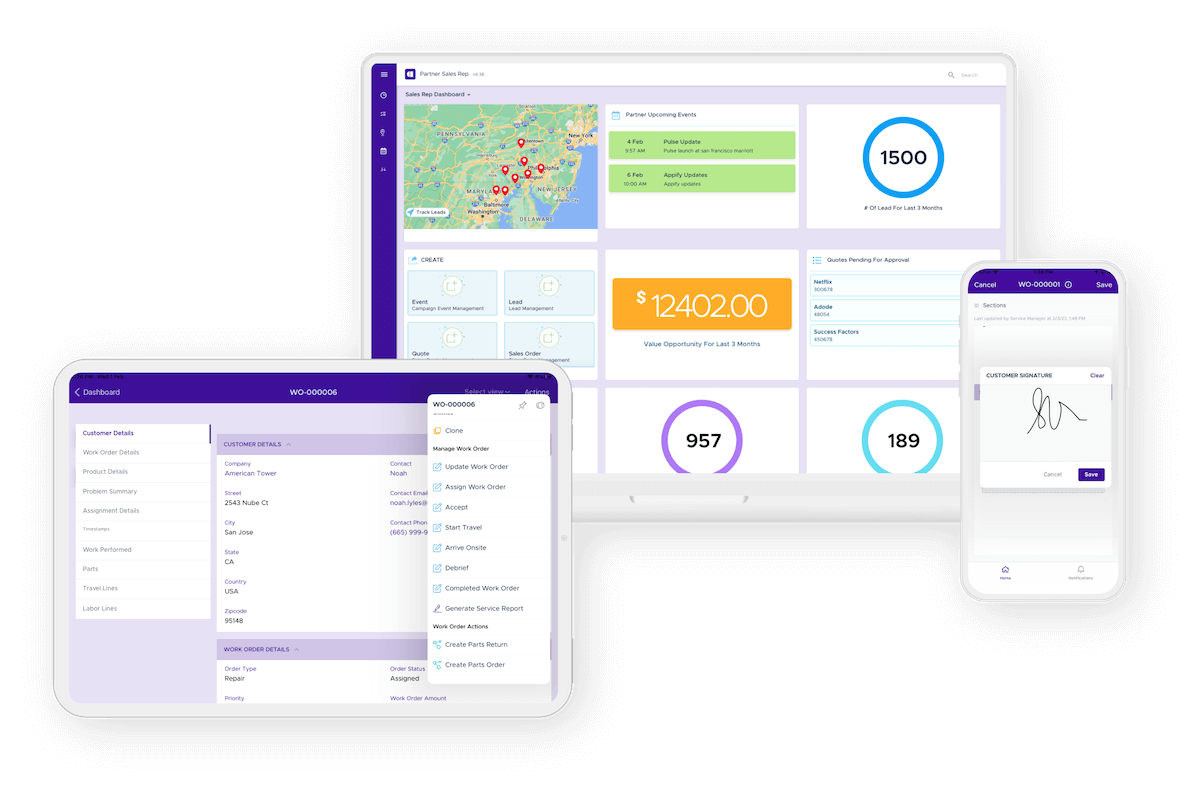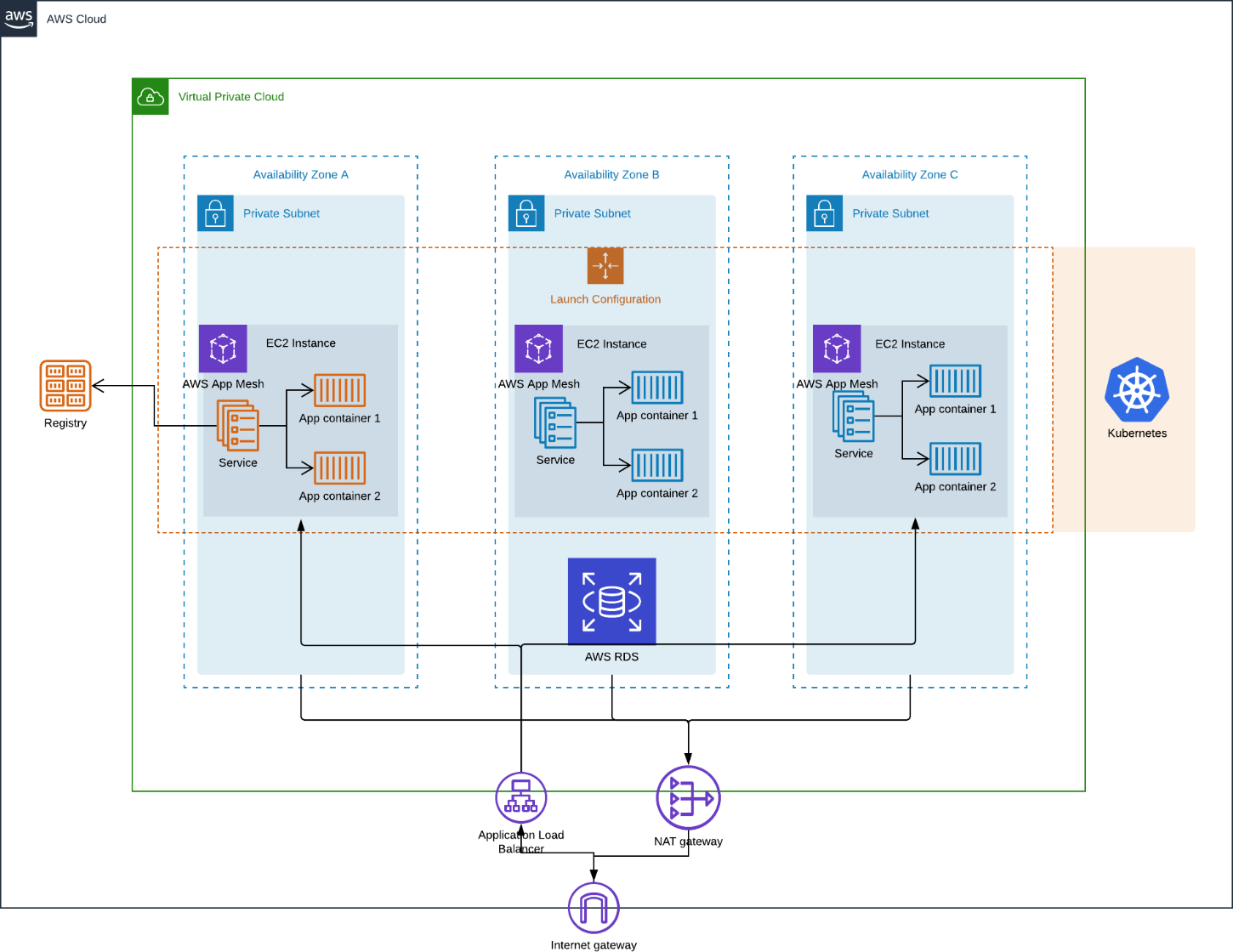Case Study
nClouds AWS Case Study | Appify
Appify’s no-code plug-and-play platform is for business process and IT stakeholders at field service businesses. Users can rapidly create field service apps in a safe and IT-compliant environment with a ready-to-use solution library.
The platform provides highly configurable modules to enable every aspect of the field service experience: calendars, maps, inventory, work orders, time cards, parts & returns, asset tracking, checklists, dynamic workflows, on-my-way, and much more. To learn more, go to https://appify.com/

Industry
Location
The Challenge
Featured Services
Improved performance efficiency, elasticity, and scalability
Faster communication between microservices
Reduced costs
CHALLENGE
Appify wanted to migrate their existing compute workload on Amazon Elastic Container Service (Amazon ECS) to Amazon Elastic Container Service for Kubernetes (Amazon EKS). They wanted a uniform Kubernetes-based platform to enhance their ability to distribute and scale their field service software solution, improve the speed of communication between microservices, and save costs.

“Moving from ECS to EKS and VPC deployment is a major milestone for Appify. It’s enhanced the scalability and high-availability required for our SaaS solution. The nClouds team came in at the right time and helped us achieve our goals. We appreciate all the great work that went into this project.”

THE SOLUTION
Appify engaged with nClouds to help them migrate their application stack from Amazon ECS to Amazon EKS, and to create an Amazon VPC. Amazon VPC provides advanced security features, such as security groups and network access control lists, to enable inbound and outbound filtering at the instance and subnet level.
Appify’s cloud infrastructure was comprised of an application cloud and an operations cloud. The application cloud was a single-tenant setup with 12 services (four admin, one client, seven web modules) running on an Amazon ECS cluster, with data stored in Amazon RDS. The setup was replicated for nine clients. The operations cloud was running three common services on a single Amazon ECS cluster.
Ready to Accelerate?
No matter where you are in your cloud journey, we can help you migrate, modernize, and manage your AWS environment. Let’s accelerate your growth and fast-track your business outcomes.
